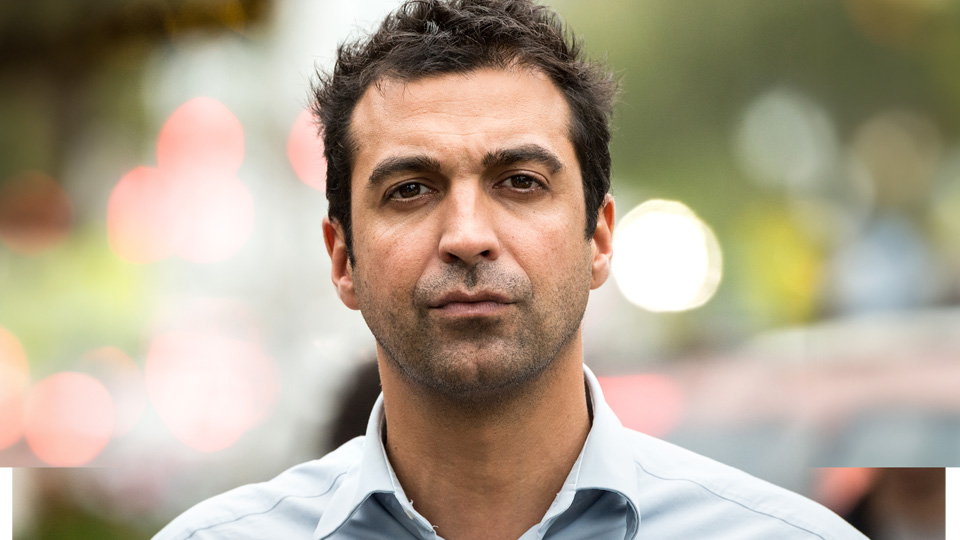Alcoholism symptoms: spotting the signs of alcohol use disorder
Recognising the early signs of alcohol use disorder is the first step towards reclaiming control and beginning your journey to recovery.
Take action today with Priory’s expert support and personalised treatment plans, designed to help you overcome alcohol addiction and build a healthier future.










